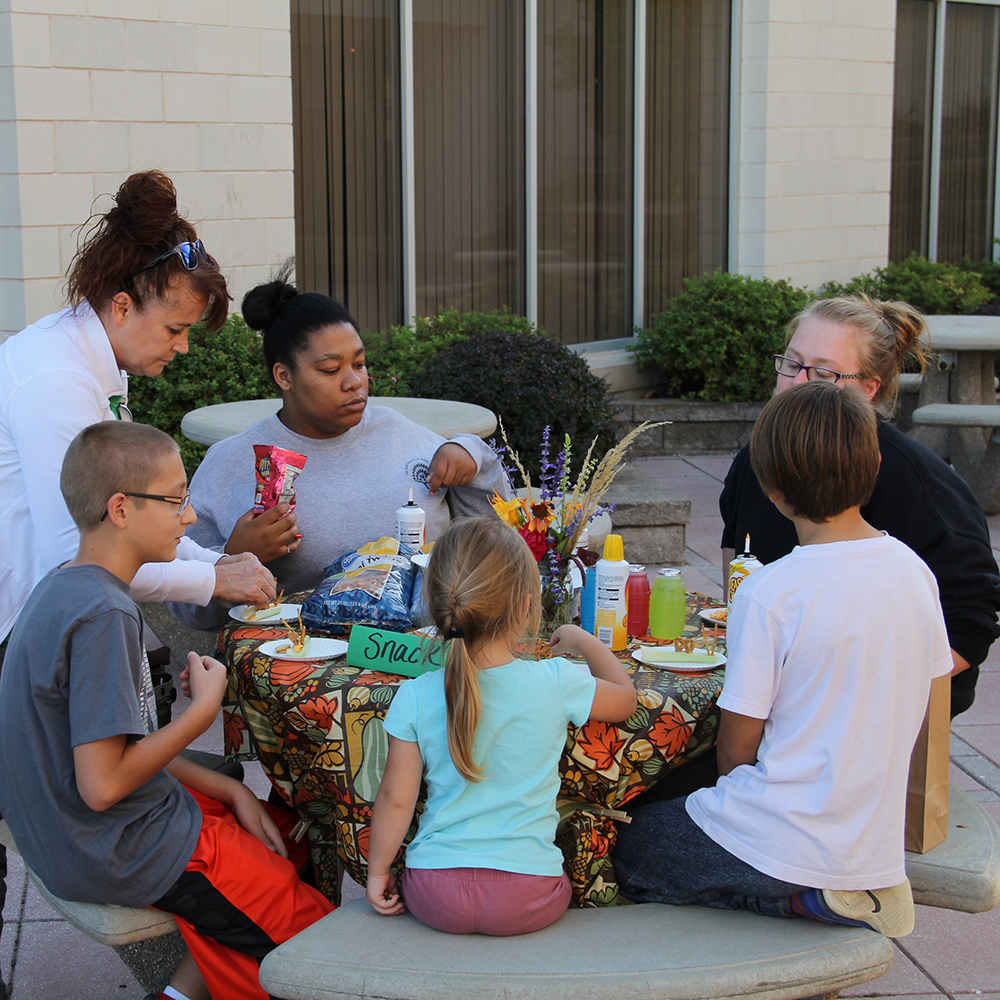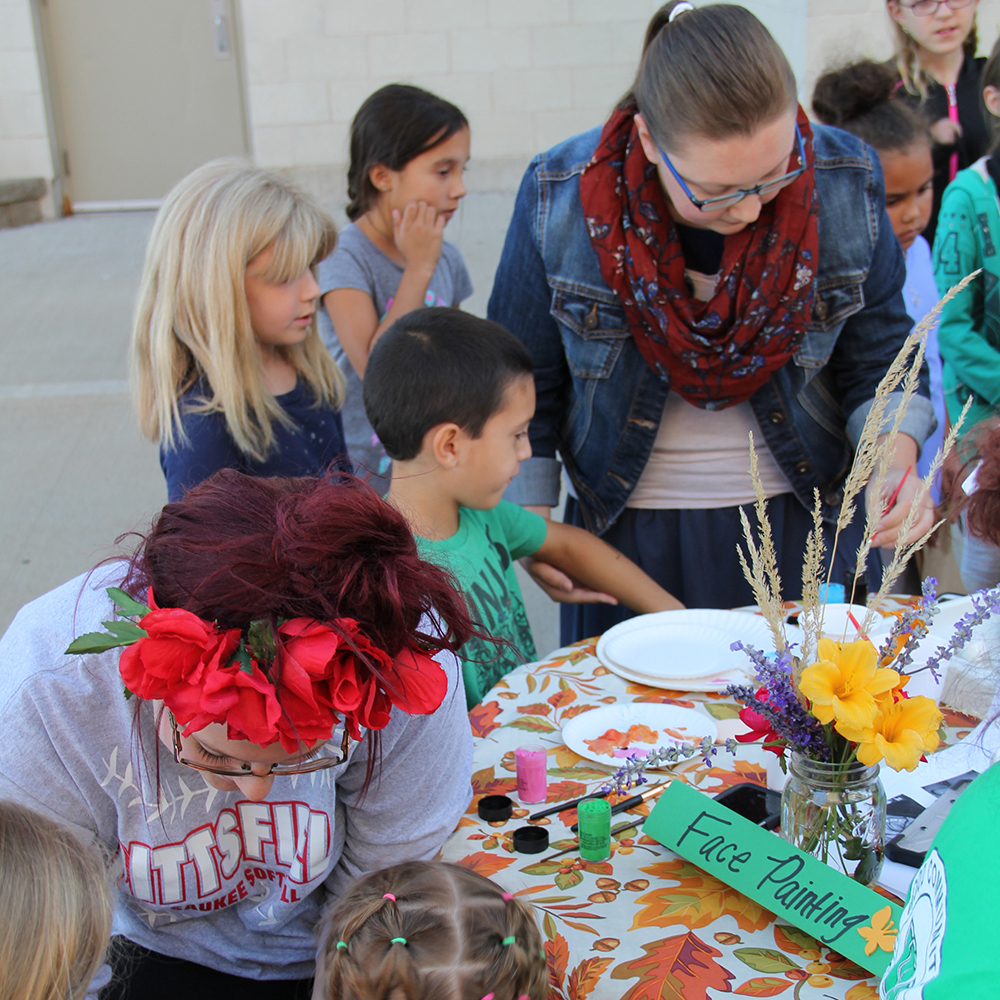| ECE 102 |
Foundations of Early Childhood Education |
Details |
3 |
| An introduction to early childhood education philosophies and methods. Students are introduced to the fundamentals of planning developmentally appropriate interactions and techniques. Topics of study include age-appropriate methodology, guiding in today’s changing world. |
| Prerequisites: |
(none) |
|
| ECE 124 |
Health & Safety for Young Children |
Details |
3 |
| Introduction to the health, safety, and nutritional needs of young children. Topics include eating habits, menu planning, safe food storage and handling, recognizing common health concerns, creating a safe environment, and principles of child first aid and CPR for infants and children. |
| Prerequisites: |
(none) |
|
| ECE 150 |
Caring for Infants and Toddlers |
Details |
3 |
| Study of the specialized needs of infants and toddlers, including the development of routines and environments that promote effective cognitive, motor and language development. Emphasis is placed on providing appropriate care, stimulating environments, and assessing the needs of infants and toddlers. Cultural and social diversity and the creation of partnerships with families and childcare facilities are integrated throughout the course. |
| Prerequisites: |
(none) |
|
| ECE 104 |
Child Growth and Development |
Details |
3 |
| A foundation course in theory and principles of the developmental continuum, including an in-depth study of physical, social/emotional, cognitive, language, and aesthetic development; an examination of current research and major developmental theories; an exploration of child development within a socio-cultural context, such as gender, family, race, ethnicity, language, ability, socio-economics, religion, and society; an emphasis on the implications for early childhood professional practice. IAI: ECE 912 |
| Prerequisites: |
(none) |
|
| ECE 135 |
Guidance of the Young Child |
Details |
3 |
| This course will examine research and theory related to social and emotional development in young children. Students will explore teaching methods with an emphasis on positive guidance, family engagement, cultural competence and designing appropriate environments. This course requires three 1½ hour observations at a licensed childcare center or kindergarten classroom. |
| Prerequisites: |
(none) |
|
| ECE 171 |
Child, Family and Community |
Details |
3 |
| This course focuses on the diverse needs of the child within the context of family, school, and community. The course will examine the interplay of diverse cultures, lifestyles, abilities, language, and communication with the role of the early childhood environment and other community institutions. Students will gain an understanding of their professional role in supporting evidence-based practices that strengthen respectful, collaborative family/child partnerships through effective use of community and family resources. IAI: ECE 915 |
| Prerequisites: |
(none) |
|
| FYE 101 |
Blazing Your Trail |
Details |
1 |
| Directed to new students, this course provides a supportive transition to the culture of higher education. Course objectives aim at preparing students for the college experience by acquiring effective learning techniques and by becoming aware of available college resources for academic and personal growth. This course also develops students' abilities, which will assist them with the complexities of college life. |
| Prerequisites: |
(none) |
|



